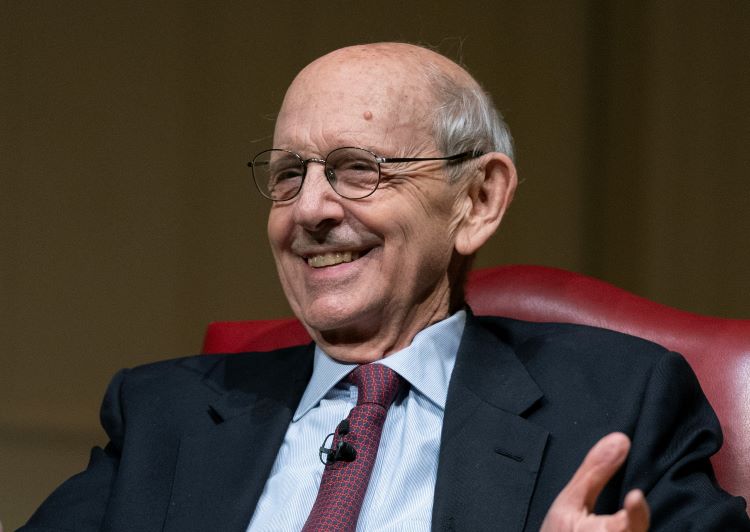Cravath abandons strict lockstep compensation for partners

Image from Shutterstock.
Updated: Cravath, Swaine & Moore announced in a memo Monday that it is abandoning its strict lockstep compensation system for partners.
Cravath is moving to a modified lockstep compensation system, according to the memo by Cravath presiding partner Faiza Saeed.
Law.com and Above the Law obtained copies of the document.
Despite the change, Saeed’s memo said, “the underpinning of the Cravath system is teamwork,” and its modified system “will continue to strongly emphasize rewarding the performance of the firm as a whole.”
Cravath had adopted lockstep compensation in 1976. Above the Law said Cravath “doesn’t seem to be introducing an anarchic ‘eat what you kill’ model.” But the blog still expressed sadness at the loss of lockstep advantages—avoiding “petty generation credit fights” and keeping the firm focused on the institution rather than individuals.
Lockstep compensation can be a disadvantage for firms seeking to retain their rainmakers. This year, three Cravath partners have jumped to competitors, Law.com reports in a separate story.
The ABA Journal cited another example in an April article: In 2018, Kirkland & Ellis lured Cravath litigation partner Sandra Goldstein with a “megadeal” that would pay her $11 million per year for five years. She also got a signing bonus.
Davis Polk & Wardwell changed from a pure lockstep system to a modified system last year. Cleary Gottlieb Steen & Hamilton has also modified its lockstep structure.
Few BigLaw firms retain a pure lockstep model for partners. Among the “stalwarts” that still pay lockstep compensation are Wachtell, Lipton, Rosen & Katz and Debevoise & Plimpton, according to Law.com.
Updated Dec. 7 at 1:40 p.m. to report that three Cravath partners jumped to competitors this year, in accord with Law.com’s updated story.



